Sketchviews Carlos Almeida
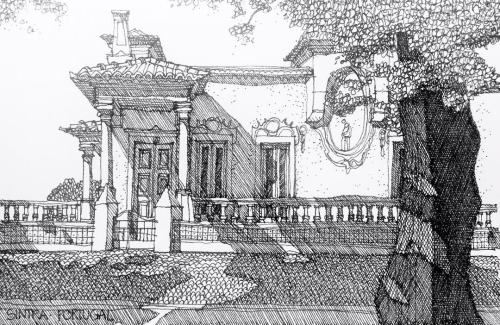
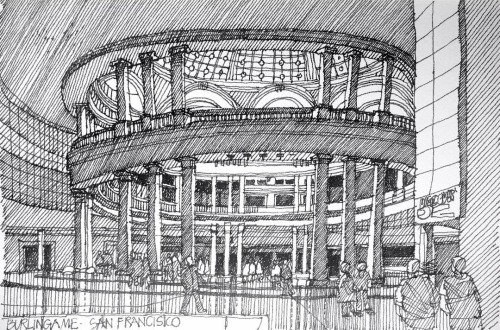
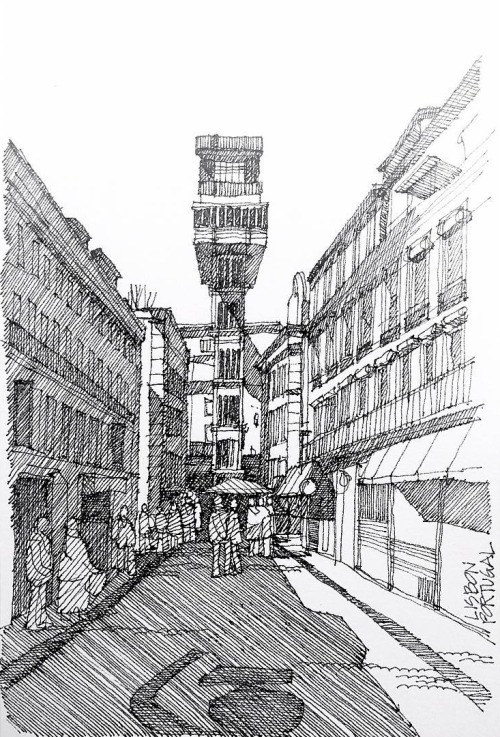
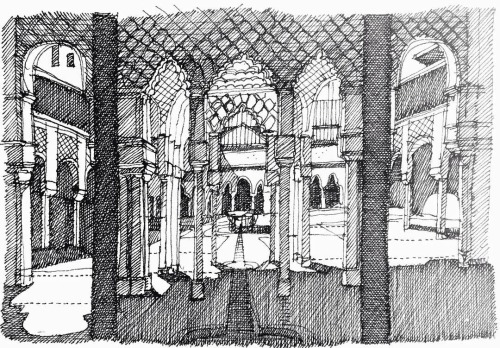
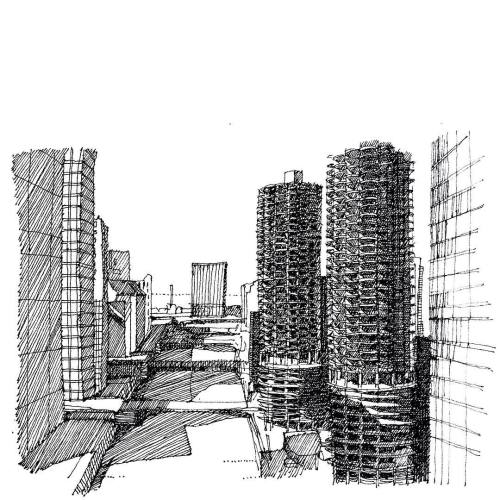
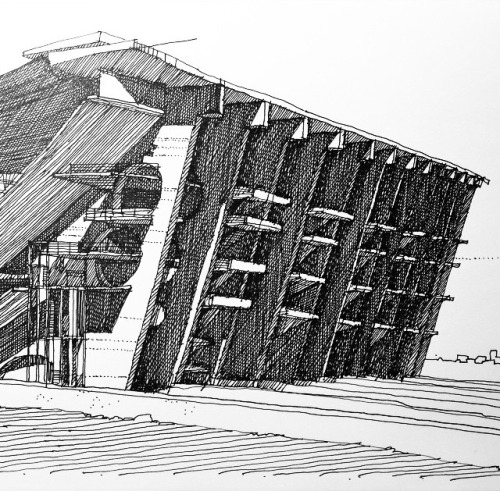
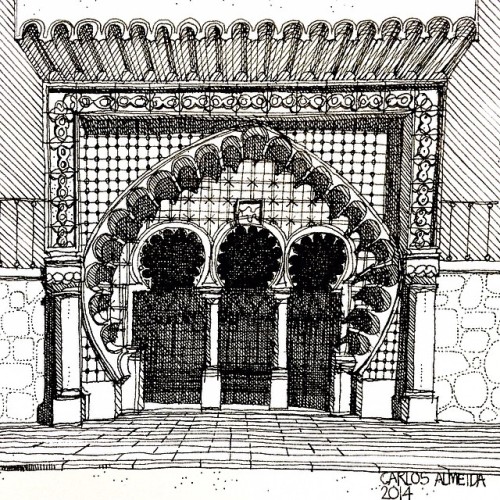
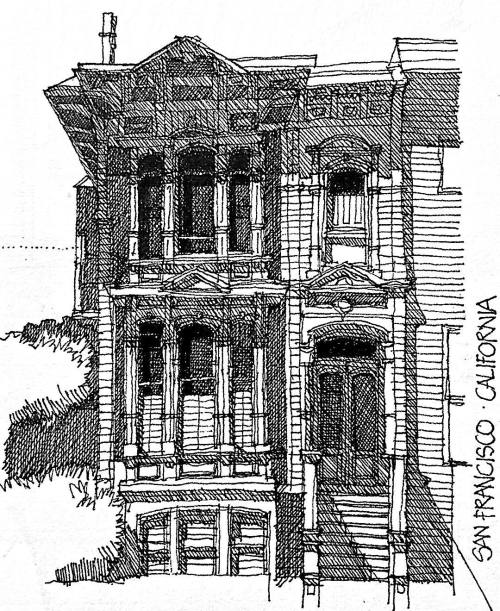
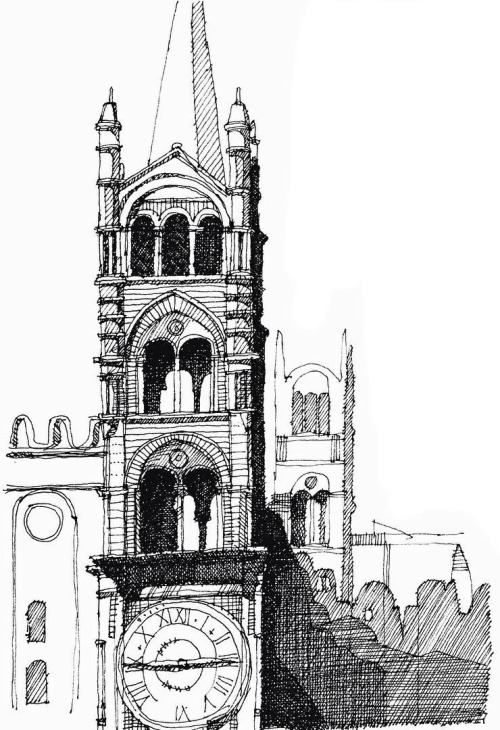

sketchviews Carlos Almeida
More Posts from Alexschi and Others










Casa Q2 Santiago Viale Lescano






I just had to have a Downton Abbey post. I can’t stop thinking about this show, so this is no doubt my new obsession. I think I’ve fallen in love with each character and I honestly cannot wait ‘til the next season.
My favorite characters:
Lady Sybil: Other than her being so kind and generous, I have lots in common with her. She can’t stand still. She always needs to get up and do something for the better, helping others and ensuring their happiness. I also love her voice :) It’s like a unique kind of raspy.
Lady Mary: I honestly think she’s the smartest and wisest out of the Crawley sisters. I like her voice too haha. It’s really bold. And I like the fact that she wants what’s best for her family, even if it puts her in a position where she doesn’t really love the man she is engaged to marry.
Matthew Crawley: Maybe because he’s cute. Haha but he’s more than that. He’s wise as well, and he loves Mary! <3

Dorothy Jordan and Gwen Lee - Christmastime 1920s

boys meowing soulfully

Architecture in Norman Sicily: the Palatine Chapel

Many Normans, Christian descendants of the Vikings, left France for southern Italy around AD 1000. Pilgrims and mercenaries soon became conquerors and rulers. The Norman mercenary Count Roger de Hauteville founded a dynasty that reigned over Sicily for a century. During that time the island became a prosperous and influential Mediterranean superpower.
Under Roger’s son, Roger II, Sicily was characterised by an unusual, but fragile, religious tolerance. Jews, Muslims, Orthodox Greek Byzantines, Christian Normans and Italians lived together in one multi-ethnic kingdom. Roger welcomed scholars of all races and faiths to his court and a new art and architecture emerged from the mixture of influences, centred on the king’s court at the Norman Palace in Palermo.

At the heart of the palace, the Palatine Chapel (Cappella Palatina) was the jewel in the crown of Roger’s architectural achievements. It was consecrated on Palm Sunday, 28 April, in 1140, although its decorations were not entirely completed at this time. It combined a church with a hall for royal audiences, complete with platform and throne. Byzantine mosaic artists adapted their skills for western church architecture. Southern Italian artisans made the inlaid marble floor. Most impressive, however, was the ceiling created by Fatimid woodworkers and painters from North Africa. Star-and-cross patterns framed by ‘honeycomb’ vaulting created a complex stalactite structure. Every inch was plastered and painted with Arabic inscriptions and scenes from Roger’s court, which was based on that of the Fatimids in Egypt.
In this video Exhibition Curator Dirk Booms gives a quick introduction to the chapel and its impressive decoration.
Learn more about Norman Sicily and its unique art and architecture in our exhibition Sicily: culture and conquest (21 April – 14 August 2016).
Sponsored by Julius Baer
In collaboration with Regione Siciliana
Palatine Chapel, Palermo, Sicily. © Prefettura di Palermo, Servizi Comuni Siciliani.


Buster gets a taste of the good life in Hard Luck (1921).
-
 guavachai reblogged this · 4 years ago
guavachai reblogged this · 4 years ago -
 thatincompetentperson liked this · 6 years ago
thatincompetentperson liked this · 6 years ago -
 boybandsno reblogged this · 7 years ago
boybandsno reblogged this · 7 years ago -
 carrinae reblogged this · 8 years ago
carrinae reblogged this · 8 years ago -
 lalaarchitecture liked this · 8 years ago
lalaarchitecture liked this · 8 years ago -
 arch-atlas reblogged this · 8 years ago
arch-atlas reblogged this · 8 years ago -
 interpretiveblog reblogged this · 8 years ago
interpretiveblog reblogged this · 8 years ago -
 taoiwhow reblogged this · 8 years ago
taoiwhow reblogged this · 8 years ago -
 e-lian-f-blog reblogged this · 8 years ago
e-lian-f-blog reblogged this · 8 years ago -
 whiskedsugar liked this · 9 years ago
whiskedsugar liked this · 9 years ago -
 crystallinevirtuoso-blog liked this · 9 years ago
crystallinevirtuoso-blog liked this · 9 years ago -
 no--one-special liked this · 9 years ago
no--one-special liked this · 9 years ago -
 thatcoolstory reblogged this · 9 years ago
thatcoolstory reblogged this · 9 years ago -
 interpretiveblog reblogged this · 9 years ago
interpretiveblog reblogged this · 9 years ago -
 stemss reblogged this · 9 years ago
stemss reblogged this · 9 years ago -
 dont-callme-by-myname reblogged this · 9 years ago
dont-callme-by-myname reblogged this · 9 years ago -
 mind-muscle-and-muesli liked this · 9 years ago
mind-muscle-and-muesli liked this · 9 years ago -
 shi-n-ju liked this · 9 years ago
shi-n-ju liked this · 9 years ago -
 meriadhc reblogged this · 9 years ago
meriadhc reblogged this · 9 years ago -
 tiarasandcats reblogged this · 9 years ago
tiarasandcats reblogged this · 9 years ago -
 lifelessonswithliza reblogged this · 9 years ago
lifelessonswithliza reblogged this · 9 years ago -
 oldsleepysparky reblogged this · 9 years ago
oldsleepysparky reblogged this · 9 years ago -
 fuck7ife reblogged this · 9 years ago
fuck7ife reblogged this · 9 years ago -
 573bwnx3kl reblogged this · 9 years ago
573bwnx3kl reblogged this · 9 years ago -
 dashboardmelted reblogged this · 9 years ago
dashboardmelted reblogged this · 9 years ago -
 a-stilhouette reblogged this · 9 years ago
a-stilhouette reblogged this · 9 years ago -
 naofumi-sieger reblogged this · 9 years ago
naofumi-sieger reblogged this · 9 years ago -
 dante-sinferno reblogged this · 9 years ago
dante-sinferno reblogged this · 9 years ago -
 you-can-say-harrie reblogged this · 9 years ago
you-can-say-harrie reblogged this · 9 years ago -
 batolde liked this · 9 years ago
batolde liked this · 9 years ago -
 syntheticaperture liked this · 9 years ago
syntheticaperture liked this · 9 years ago -
 feristia liked this · 9 years ago
feristia liked this · 9 years ago -
 fearmint reblogged this · 9 years ago
fearmint reblogged this · 9 years ago -
 56237662 reblogged this · 9 years ago
56237662 reblogged this · 9 years ago -
 mojonfronterizo reblogged this · 9 years ago
mojonfronterizo reblogged this · 9 years ago